detail profile boris cherdyntsev
Peran Yang Di Mainkan Boris Cherdyntsev
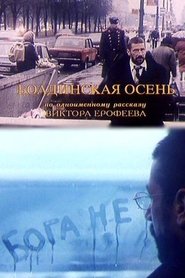 Sisin a fortyyearold writer gets on...
Sisin a fortyyearold writer gets on...Boldino Autumn 1999
Sisin, a forty-year-old writer, gets on the train and goes out of town. In the car, he is surrounded by strange passengers, some of whom resemble famous Russian writers: Chekhov, Tolstoy, Dostoevsky, Kuprin... Surreal visions, hidden desires, fears, and anxieties arise in Sisin's imagination. Love, career, and life itself seem stupid and meaningless to him.
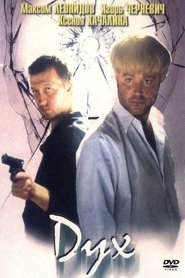 Tragic circumstances brought the Spirit a...
Tragic circumstances brought the Spirit a...Spirit 1999
Tragic circumstances brought the Spirit, a former "Afghan", to a prison cell, where he found himself alone with the German baron Maximilian von Stoltz. The spirit once lived by the sea, in a house where there were a woman and a child. Served as a paratrooper in Afghanistan. Unknown paths led him into the criminal world, he has 11 murders to his name, the prospect of capital punishment.
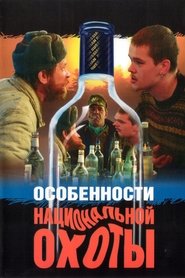 A Finn preparing a work on...
A Finn preparing a work on...Peculiarities of the National Hunt 1995
A Finn preparing a work on the Russian hunting traditions and customs, comes to Russia to collect materials and is invited to take part in a hunting party. His flamboyant companions include an Army general, with more than a passing resemblance to Aleksander Lebed, a police detective, local forest ranger (a devotee of Zen Buddhism) and some big-city types from St. Petersburg. Inevitably, their good intentions soon give way to endless drinking, visits to local farm girls and much else besides.
 This charming comedy tracks the lives...
This charming comedy tracks the lives...Everything Will Be All Right 1995
This charming comedy tracks the lives of several romantic pairs through trials and tribulations. The main focus of the story is a young soldier with a good heart but little ambition and his fiancée, who feels torn when a charming and sophisticated intellectual enters her life and sweeps her off her feet. There are also several side stories, also all dealing with relationships, most significantly the soldier's mother, whose comfortable but unexceptional marriage is threatened when a past love returns to her life.
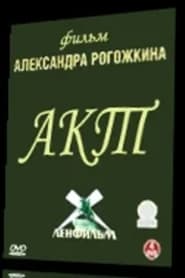 The film tells about the misadventures...
The film tells about the misadventures...Act 1993
The film tells about the misadventures of an ordinary person who happened to have a suitcase with a lot of money... It turns out that it is not at all easy to find a worthy use for such money, and in the final it turns out a simple truth — “happiness is not in money ...”
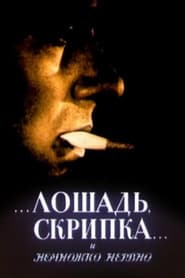 Irina Evteevas debut quickly became a...
Irina Evteevas debut quickly became a...The Horse, the Violin and a Little Bit Nervous 1991
Irina Evteeva’s debut quickly became a kind of manifesto for the one-room experimental studio: it defines classification by interweaving animation, appropriated footage, feature and documentary to form a unique whole, a film that rushes backwards into the future, thereby re-inventing Futurism. Mayakovskiy is the star; his occasional presence holds together a film driven by the sound, the beat, of his poetry. Evteeva develops a dramatic structure of flaring, fading, being from light: violin strings become rays, quivering dull yellow spots, pictures. The plot assails the material from which it derives energy from material. History, growling and roaring, finds its form.
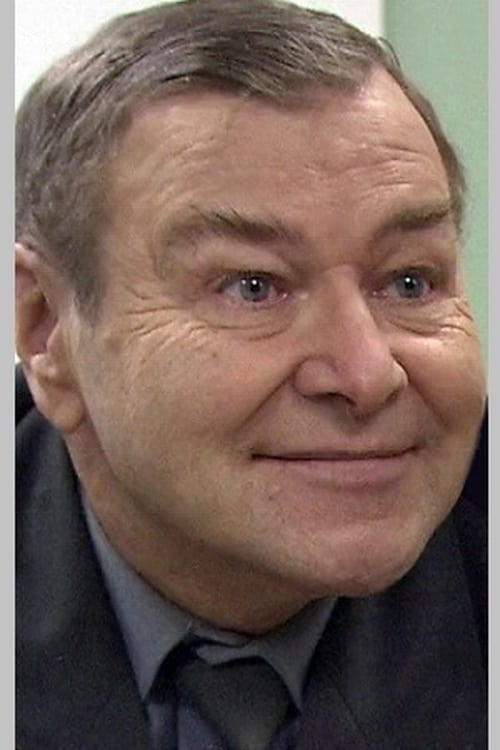
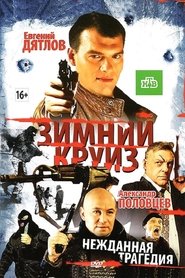
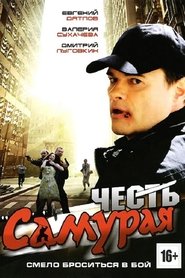
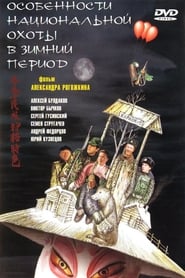 Now the peculiarities of the national...
Now the peculiarities of the national...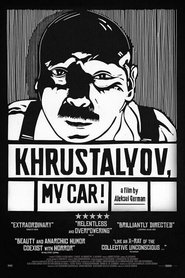 Military doctor General Klenski is arrested...
Military doctor General Klenski is arrested...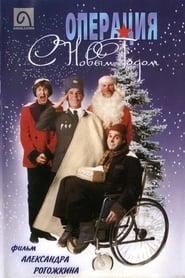 A comedy about a New Year...
A comedy about a New Year...